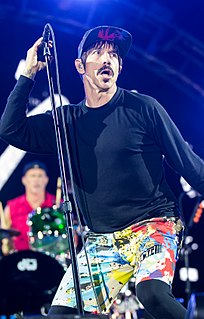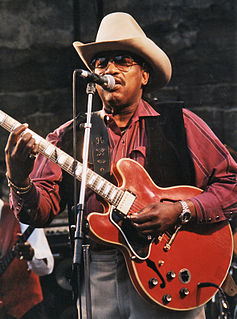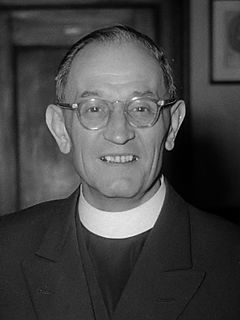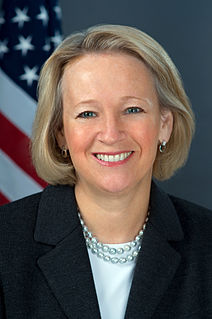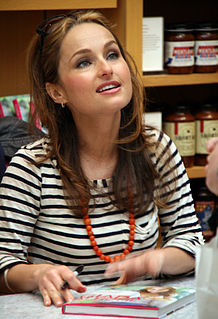A Quote by Marianne Williamson
I feel that the social revolution of the sixties is like a revolving door that came our way, and then left. It's back again.
Related Quotes
First they arrested the Communists - but I was not a Communist, so I did nothing. Then they came for the Social Democrats - but was not a Social Democrat, so I did nothing. Then they arrested the trade unionists - and I did nothing because I was not one. And then they came for the Jews and then the Catholics, but I was neither a Jew nor a Catholic and I did nothing. At last they came and arrested me - and there was no one left to do anything about it.
The word 'revolution' first brings to mind violent upheavals in the state, but ideas of revolution in science, and of political revolution, are almost coeval. The word once meant only a revolving, a circular return to an origin, as when we speak of revolutions per minute or the revolution of the planets about the sun.
The word revolution itself has become not only a dead relic of Leftism, but a key to the deadendedness of male politics: the revolution of a wheel which returns in the end to the same place; the revolving door of a politics which has liberated women only to use them, and only within the limits of male tolerance.


